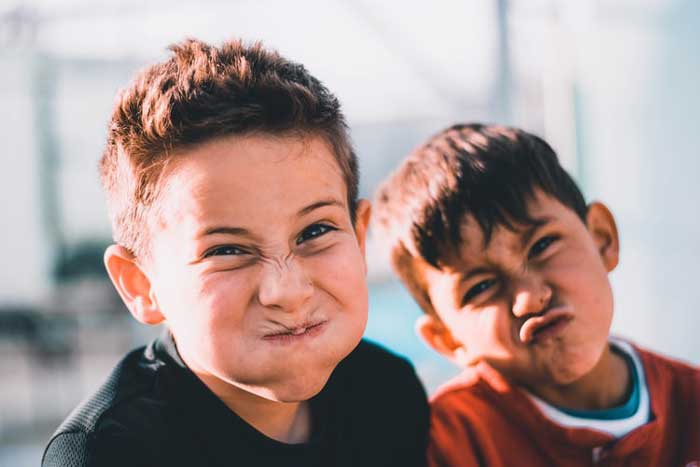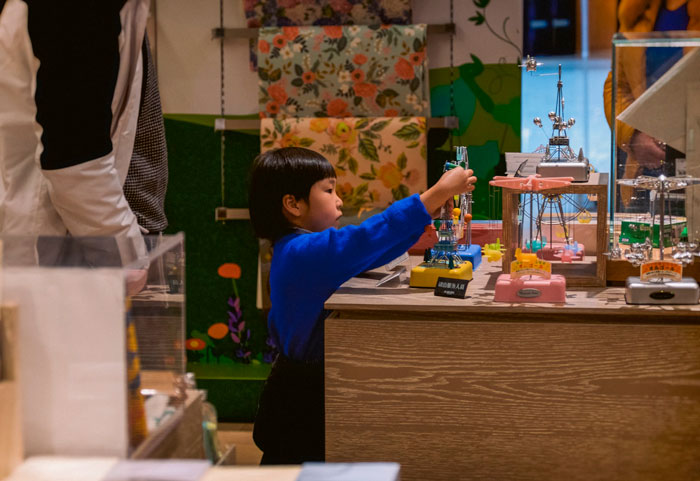How to Raise an Emotionally Healthy Child?
To raise a self-sufficient and mature child, parents will have to try hard. The main condition for a person’s mental health in adult life is a sense of security in childhood, which can be provided mainly by parents, educators and coaches.
Children, due to their scarce experience and special perception, tend to exaggerate everything in their head. Therefore, the angry tone of a tired adult can be perceived as rejection and disliking.
Try to remember your childhood feelings and how you perceived any failure as a universal catastrophe. This reaction is natural, it cannot be condemned, but it must be taken into account in the process of education.
Factors affecting the child:
- The role of each parent in upbringing (what mom does, what dad does);
- Parenting style: prohibitions, punishments, encouragement or permissiveness;
- Relationship between parents;
- Reaction to the child’s manifestations of individuality;
- Methods of parents to cope with their own problems;
- Expressing tenderness, care and response to the child’s love and the manifestation of any other emotions.
Hyperopia and manipulations
Unfortunately, many families do not take petty traumas seriously, although it is often these misfortunes that have the greatest impact on the child’s psyche. Hyper-care, methods of intimidation, and manipulation are exactly what parents often do. Training is monotonously “drilled” and rooted, leaving its fruits for later. It is very difficult to get rid of in adulthood, even while working with a competent psychotherapist. That is because they often become vital installations and a necessary part of the worldview.
How do these settings affect the child:
• The intellectual component of development. Everyone knows the age of asking why-questions, which helps children quickly and effectively understand how this world is organized, determine their place in it and learn to separate small and large-scale phenomena. This period also helps the child feel connected with the parents, feel quite important when they share knowledge. At the same time, the kid learns to independently manage the information received.
• Emotional intelligence (the ability to perceive and express emotions, interact with other people) and worldview are formed in a child from birth to conditional adolescence. At each stage of development, questions arise: “Why so?”, “What will happen if I do this?”, “What is considered normal?”
As a result, it turns out that hyper-care leads to irresponsibility and inability to solve problems because parents did not allow experimentation. Hyper-care often results in the lack of proper emotional connection between the parent and the child because the phrases “I don’t want this”, “I want that”, “I will do it myself” remain unheard. In such a family, “cannot” and “must do” sound like dogmas.
At first glance, harmless intimidation such as “if you don’t study, you will become a janitor”, “if you don’t wear a hat, you will get sick”, “you will fall and break something”, “you will get poisoned and die…” make children live in a state of constant anticipation of a disaster.
One cannot focus on the “here and now” moment, security and the necessary cognition of the world, if the kid is programmed since the very childhood: “I have to survive!” Hence, the block to financial well-being, happiness in the family, the ability to enjoy life.
Children mentally ask themselves questions to fill in gaps in the worldview, and the adults’ behavior should send correct signals: “If you’re scared – I’m here with you”; “When you express love, I express it too”; “If I have problems, I solve them and move on. If you have problems, I will help you cope with them, but will not interfere”; “Dad and Mom love you equally, but everyone shows it in their own way.”
Rules of raising a child
1. Always stay in emotional contact with the children
Don’t focus on the child’s behavior – focus on his/her feelings. The key phrase of the right interaction is “Come to me, I will help you.”
2. Keep calm
The more irritated the child is, the calmer the adult must be. We are not talking about being cold-tempered. One has to be confident in their decisions.
3. Do not moralize in times of crisis
Your goal is to calm the child. Talking should rather be left for a more appropriate moment. Focus on what your baby really needs to know and do at this point: “Stop doing this,” “Use kind words only.”
4. Maintain firmness while showing kindness
The “no/I realize” method is suitable here. For example: “No, you can’t cut the cat’s fur, but I realize it makes you feel disappointed.”
5. Don’t overdo with explanations
At least when the child is hysterical. Keep to the boundaries – it’s better to explain when the child calms down.
6. Strengthen your position
When the child has calmed down and accepted the established boundaries, remind him of what happened and how everything was resolved peacefully in the end. Assure the kids that you will continue to protect and love them.




